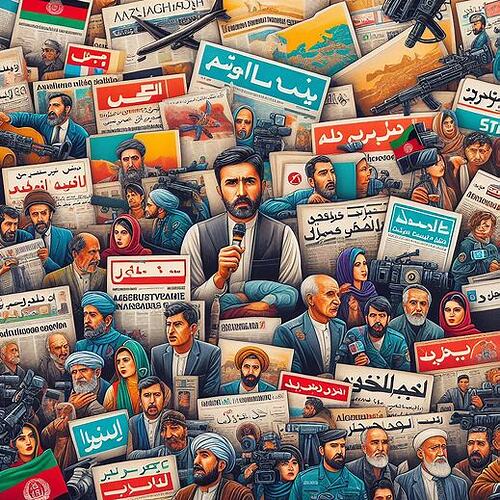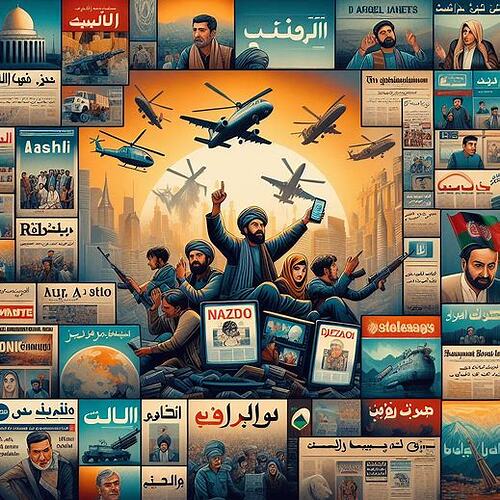The role of the media
Media plays an important role in society. They can provide information, shape values and ideas, influence public opinion, and allow listeners and viewers to make better decisions. Also, the media can act as a tool to criticize and control the powers and masters of societies and help promote democracy and human rights. But it should be noted that the media play an important role in shaping the public mentality, and therefore, they should be used with care and responsibility.

The role of media in education
Media plays an important role in education. They can serve as a valuable educational resource by providing educational content in the form of educational television shows, online educational videos, podcasts, articles, etc. Also, the media can attract people to the world of knowledge and information and encourage learning and education by publishing news and content related to science, technology, culture and art. Through the analysis and interpretation of news and various contents, the media can also help to develop students’ critical and analytical thinking. In general, the media can act as an effective support in the education and learning process.
The role of the media in the Afghan governmen
Media plays an important role in the Afghan government. They can act as a vehicle for government communication with the public, inform about government policies, programs and decisions, and disseminate news about the country’s progress and challenges. Also, the media can act as a place to discuss and exchange opinions about various political, economic, social and cultural issues of the country and provide constructive criticism. However, in countries where democracy and human rights are not sufficiently respected, the media may face restrictions and censorship issues that can harm freedom of expression and effective communication between the government and the people.
The problems that the media have in Afghanistan
In Afghanistan, the media faces many problems and challenges, including the following:
-
Security threats: The media and their employees are constantly under security threats from various armed groups, which can cause restrictions on media activities and even the escape of media employees.
-
Political pressures: The government and other institutions may exert political pressure on the media in order to control information and news coverage. This can lead to sanctions, arrest of media workers or censorship of news sources.
-
Financial limitations: Many media are facing financial problems that can lead to a decrease in the quality of content, retention of employees and even closure of the media.
-
Lack of infrastructure: Some media are facing a lack of modern infrastructure such as technical equipment, high-speed internet and other required facilities, which limits their ability to provide better services to society.
-
Gender Discrimination: Women in Afghanistan’s media industry face many obstacles, including security threats, gender discrimination in employment, and fewer career opportunities.

